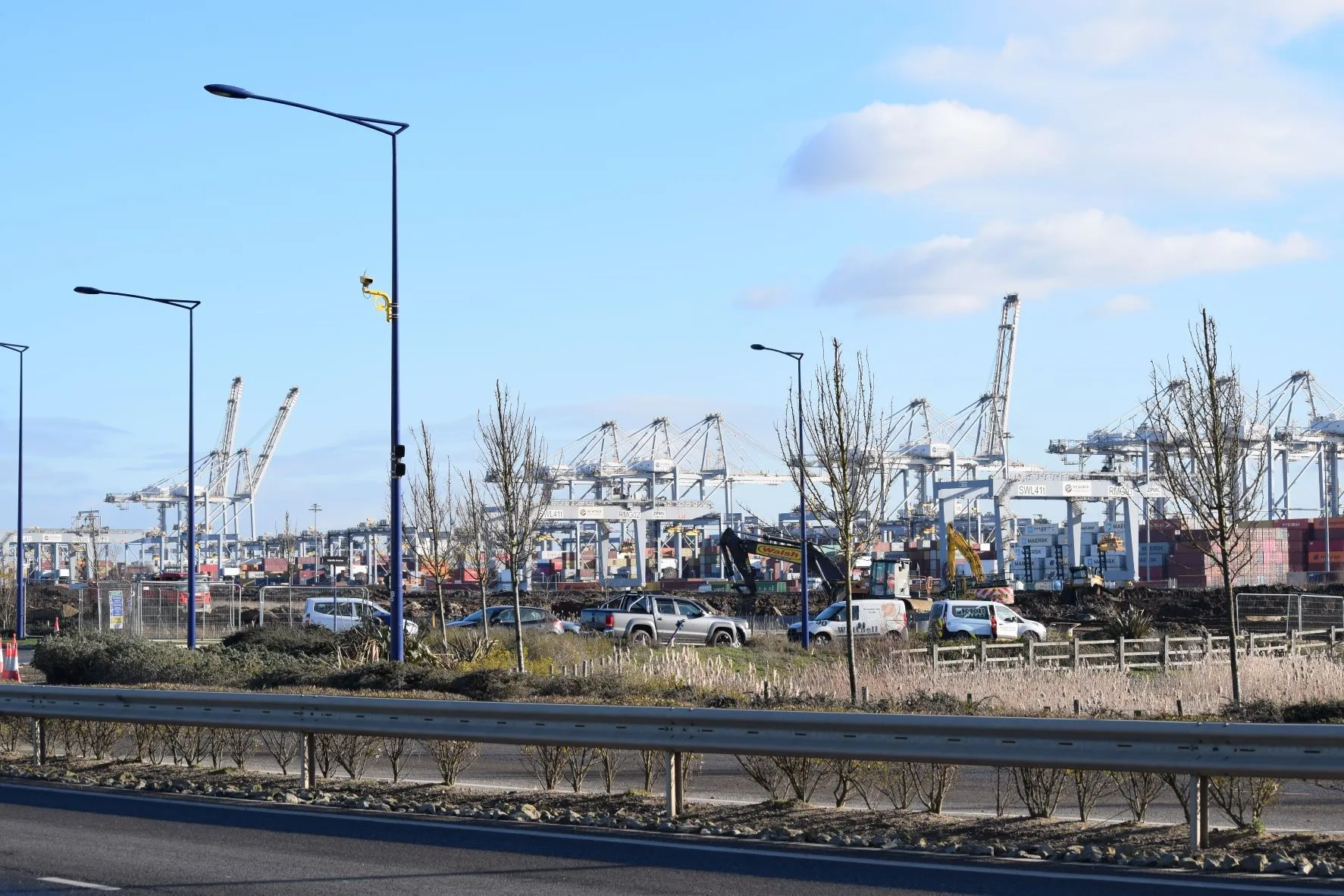Queensland Police Service (QPS) in Australia is increasing the number of its vehicles equipped with automatic number plate recognition (ANPR) to enhance road safety and security on Queensland roads.
QPS began trialling ANPR technology in 2012 to boost road policing enforcement and currently has just under 800 authorised ANPR operators across the state.
As of the beginning of July, 60 vehicles have now been equipped with ANPR and assigned to work units including Road Policing Unit (RPU), Tactical Crime
August 12, 2016
Read time: 2 mins
Queensland Police Service (QPS) in Australia is increasing the number of its vehicles equipped with automatic number plate recognition (ANPR) to enhance road safety and security on Queensland roads.
QPS began trialling ANPR technology in 2012 to boost road policing enforcement and currently has just under 800 authorised ANPR operators across the state.
As of the beginning of July, 60 vehicles have now been equipped with ANPR and assigned to work units including Road Policing Unit (RPU), Tactical Crime Squads (TCS) and Rapid Action Patrols (RAP) throughout the state.
To support the expansion of such technologies, QPS has installed sufficient numbers of wireless access points (WAP) across the state to optimise connectivity with ANPR vehicles and their projected locations. These additional WAPs ensure a timely transfer of data and current information to ANPR equipped vehicles and provide broad coverage of all major networks.
ANPR detections have resulted in 780,715 alerts to police of potential offences, 5,877 Notices to Appear and 22,896 Traffic Infringement Notices as at April, 2016.
QPS began trialling ANPR technology in 2012 to boost road policing enforcement and currently has just under 800 authorised ANPR operators across the state.
As of the beginning of July, 60 vehicles have now been equipped with ANPR and assigned to work units including Road Policing Unit (RPU), Tactical Crime Squads (TCS) and Rapid Action Patrols (RAP) throughout the state.
To support the expansion of such technologies, QPS has installed sufficient numbers of wireless access points (WAP) across the state to optimise connectivity with ANPR vehicles and their projected locations. These additional WAPs ensure a timely transfer of data and current information to ANPR equipped vehicles and provide broad coverage of all major networks.
ANPR detections have resulted in 780,715 alerts to police of potential offences, 5,877 Notices to Appear and 22,896 Traffic Infringement Notices as at April, 2016.









